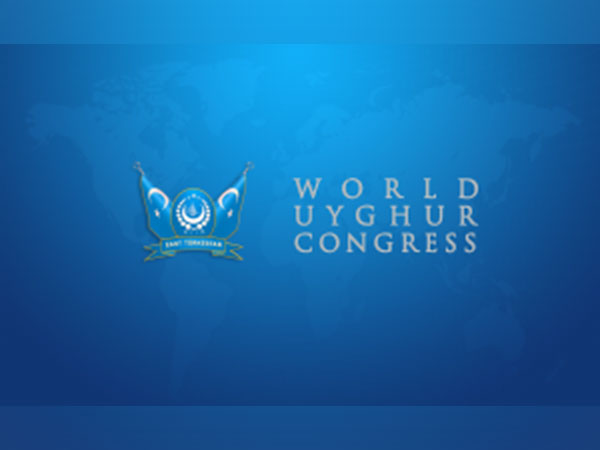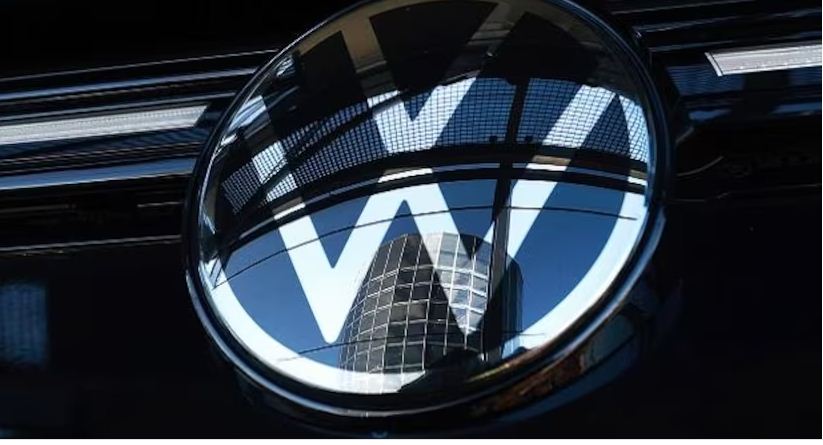The WUC, which has been calling for Volkswagen’s departure since 2019, praised the company’s decision but emphasized the importance of transparency in corporate actions.
The World Uyghur Congress (WUC) welcomed Volkswagen’s (VW) announcement that it will sell its plant in East Turkistan, a region in which the WUC has long campaigned against the company’s ties to forced labor.
This decision comes amid growing international pressure over allegations of human rights abuses, including the widespread use of Uyghur forced labour and the repression of Turkic minorities in East Turkistan, also known as Xinjiang.
The WUC, which has been calling for Volkswagen’s departure since 2019, praised the company’s decision but emphasized the importance of transparency in corporate actions. “The withdrawal of Volkswagen from East Turkistan cannot be detached from the well-documented allegations of state-imposed forced labour and repression,” said Gheyur Qurban, the director of the WUC Berlin office.
“Companies like Volkswagen must acknowledge the moral considerations that influence such decisions,” he added.
Qurban highlighted that Volkswagen’s exit, while positive, should send a broader message about the need for businesses to prioritise human rights over profits, particularly when operating in regions with well-documented abuses. “It sends a strong signal to the world and to other companies that human rights must be a priority in business decisions, even when it’s inconvenient,” he said.
The WUC’s campaign against Volkswagen’s operations in East Turkistan has been extensive, involving protests, media campaigns, and direct engagement with the company. In recent years, international organizations, including Human Rights Watch, have highlighted the company’s failure to address forced labour concerns linked to its supply chains in the region.

While Volkswagen’s exit marks a significant step, the WUC noted that the global automotive industry’s shift toward electric vehicles (EVs) raises ongoing concerns.
A 2022 report from Sheffield Hallam University, Driving Force, exposed links between forced labour in East Turkistan and the production of key EV components, including lithium and lead. Similarly, Human Rights Watch’s Asleep at the Wheel report warned of forced labour within the aluminium value chain, which is essential for manufacturing vehicle frames, engine blocks, wheels, and battery foils.
As the automotive industry rapidly evolves, the WUC has called on all companies to conduct rigorous due diligence across their supply chains to ensure that Uyghur forced labour and human rights abuses do not taint their operations.
“Volkswagen’s exit is a step in the right direction but its impact will only be meaningful if the entire industry commits to transparency and ethical practices.” He added.
The WUC continues to stress that companies must be held accountable for their involvement in human rights violations in East Turkistan and China. Until state-imposed forced labour ends in the region, the WUC argues that businesses must take responsibility for their role in these ongoing abuses. (ANI)
ALSO READ: Taiwan reduces air raid alert zone amid China threats

